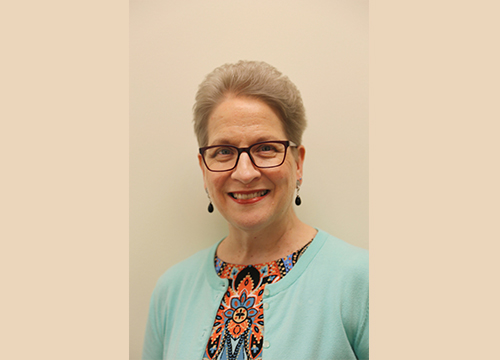This Sunday, the Scripture readings for Mass fall into rare alignment. We can usually detect a link of theme or language among the first reading, responsorial psalm, and Gospel, but most often in Ordinary Time, the second reading comes from left field. Read in course from one of the New Testament epistles, it rarely supports the others as firmly as it does this Sunday. Note: “In course” means two or more passages from one book appear on consecutive Sundays in the same order that they appear in the Bible.
The expressions “humble of the earth” in Zephaniah, “those who were bowed down” in Psalm 146, “the weak of the world” in 1 Corinthians, and “the poor in spirit” in St. Matthew’s Beatitudes all seem to speak of the same humble folk, rejected by the world but cherished by God.
Humble circumstances are viewed as a blessing, not a curse, because persons who cannot make it from one day to the next without complete reliance upon God have an advantage on the journey toward holiness.
Today’s readings open with a daunting message from the prophet Zephaniah. God seems to be giving God’s people one last chance. We hear, “…seek justice, seek humility. Perhaps you may be sheltered on the day of the Lord’s anger.”
I recall a cartoon from The New Yorker, clipped and displayed by my late husband Jim, featuring a lonely, raggedy person, walking the city streets holding a one-word sign, Repent. With that image in mind, consider the Book of Zephaniah, one of the shortest in the Bible, with a message similarly unwelcome, and share my wonder that it ever made it into the canon.
Helpful headings in the New American Bible highlight the emphases of Zephaniah’s three chapters, portraying the day of the Lord as one of doom, judgment, and finally, reproach and promise for Jerusalem. Our Lectionary selection plucks a verse from chapter two and finishes with two from chapter three. As it reads, our hope lies in seeking justice and humility, and in the witness of the faithful remnant, who “do no wrong and speak no lies.” Here we look not to the rich and influential, but to those others, persons with whom we might not ordinarily associate.
Psalm 146 provides a list for our consideration: the oppressed, hungry, imprisoned and otherwise bowed down; strangers, widows and orphans. We sing of these lowly ones who haunt our lives with their own generous remnant of divine presence.
Jesus captures the witness of the remnant in the Beatitudes, teaching his disciples to seek and find the reign of God at the margins and on the underside of human experience. St. Matthew begins and summarizes his list with the “poor in spirit,” those who know, regard- less of their earthy circumstances, that their existence depends on God’s ongoing grace.
Most of us enjoy some level of esteem, some modest share of the riches of the world. We can easily feel a little more secure, a little less reliant on the one God who creates and saves. Humility can be a challenge.
In my younger years, humility puzzled me. My gifts were apparent, downright showy. My peers interpreted shyness as snobbery, display of talent as conceit. False modesty — down- playing my gifts to fit in — felt wrong. It seemed an ungrateful denial of what God had given me.
Over a lifetime, I have learned from wise and humble teachers. One imparted this handy adage: “Humble people do not think less of themselves; they think of themselves less.”
Humility is not about putting ourselves down or denying our gifts to make others feel more important; it’s about putting our gifted- ness at the service of others.
For example, whatever we possess in es- teem or respectability powers our honest affirmation of others, especially young people, who may not recognize their own gifts. One word of encouragement can make all the difference.
Melanie holds a master’s in pastoral studies from Loyola University, New Orleans.

